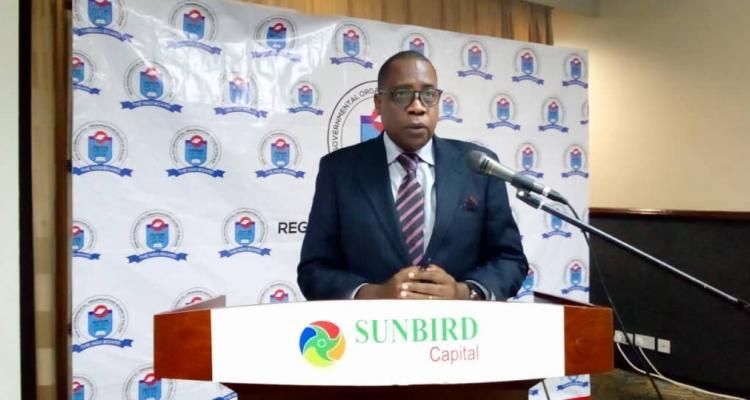
The Non-Governmental Organisation Board (NGO Board) says the money being spent by NGOs and the work being done in communities does not match.
Chief Executive Officer at NGO Board of Malawi Voice Mhone made the remarks when the organisation met NGOs in Lilongwe on Wednesday.
Commenting on the performance of NGOs in Malawi, Mhone said the performance of NGOs is a chicken and egg situation and most of the NGO’s are doing great.
“Most of them are indeed doing a great job in communities but when you come back to NGO Board and look at the reports we get; we find out that the NGOs have spent not less than one trillion Malawi kwacha per year.
“Now to think that amount of money and the work in the community does not match, so we cannot clearly say we are impressed but we still encourage them to do better,” Mhone said.
He added that the NGO Board of Malawi has discovered that NGOs have not been reporting much to NGO Board because of challenges which include the fees they are charged.
“You know that it’s a requirement that every NGO shall submit report to NGO Board and they have told us that the fees is quite exorbitant and probably we should consider on that.
“The other thing we have heard is deadline, the deadline is not clear and therefore the regulation will deal with the deadline, how many months, grace period should an NGO be given and what point in time should they face the penalties,” Mhone said.
According to Mhone, the way forward is regulation and that’s why they are involving NGOs in that part.
He added that the NGO Board will open service centers so that it can monitor NGOs on the ground.
In his remarks Robin MacGregor who is an independent governance advisor said he supports the kind of effort to bring NGOs and the NGO Board together.
“There is a better understanding of some of the issues and I think what’s really interesting is that Malawi is starting from a quite a low base in terms of regulations of NGO sector which means there is a lot of work to be done,” he said.
The NGO Board of Malawi is doing stakeholder consultative meetings on reporting regulations requirements and the objective of these meetings is to solicit input on issues that need to be considered when developing reporting regulations.
Similar meetings were conducted in Mangochi , Mzuzu and Blantyre.














